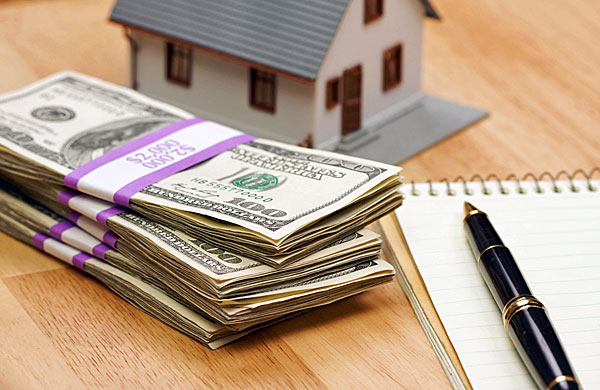Years ago, conventional wisdom said potential home buyers should make a down-payment of 20 percent.
Doing so, the logic went, would help them secure a great interest rate and make monthly mortgage payments less costly. These lower payments would help home buyers afford the expenses of home ownership — from closing costs to homeowner’s insurance to emergency funds.
But 20 percent down proved too large a hurdle for many potential homeowners as housing prices rose in the 1990s and beyond.
Today, large down-payments are nothing more than suggestions.
Today, down-payment options from zero to 15% are completely reshaping the way people buy homes, especially first-tim e home buyers. Regardless of financial status, age, background, or nationality, home buyers are learning how to make a down-payment that suits their needs. They are no longer worried about adhering to outdated ideas about a “normal” down-payment.
e home buyers. Regardless of financial status, age, background, or nationality, home buyers are learning how to make a down-payment that suits their needs. They are no longer worried about adhering to outdated ideas about a “normal” down-payment.
There are equally good reasons for you to make a much smaller down-payment. By doing so, you retain available cash in the bank for emergencies, expenses, and other financial goals.
Conserve cash: Many say that “cash is king”. Experienced investors want to protect what they have and use the extra income to invest in other projects or the market.
Pay off debt: Many lenders advise using available cash first to pay off credit card debt. That debt is calculated at a higher interest rate than a mortgage and doesn’t offer the same tax deduction.
With debt paid off or lowered, you’re also likely to see your credit score climb. You need a minimum of between 640 and 680 to secure the most reasonable loan rates. Improve your score and hit 740, and you’ll secure an even better rate.
Tackle repairs: Having cash on hand will allow you to make essential repairs and upgrades. Few homes are so perfect that you move in without wanting to do some work.
 Set aside for an emergency: Emergency funds are important to cover unforeseen repairs or other non-home related issues. If your car breaks down or furnace goes out, it’s better to have cash on hand rather than finance repairs with a credit card. That can lead to higher expenses later.
Set aside for an emergency: Emergency funds are important to cover unforeseen repairs or other non-home related issues. If your car breaks down or furnace goes out, it’s better to have cash on hand rather than finance repairs with a credit card. That can lead to higher expenses later.
You can find the complete article here…..



